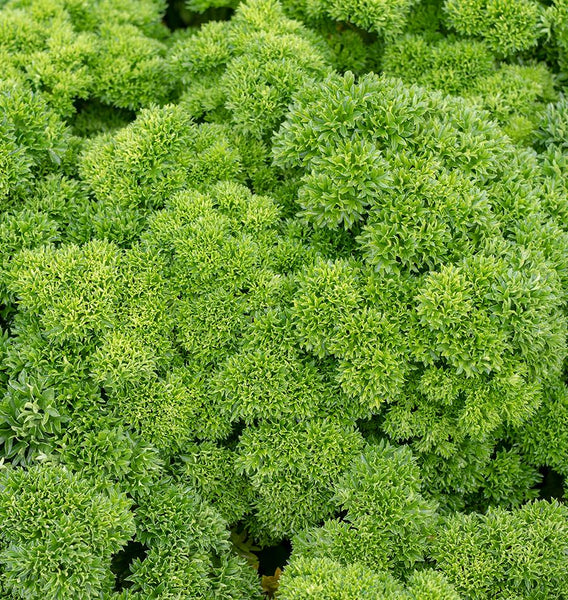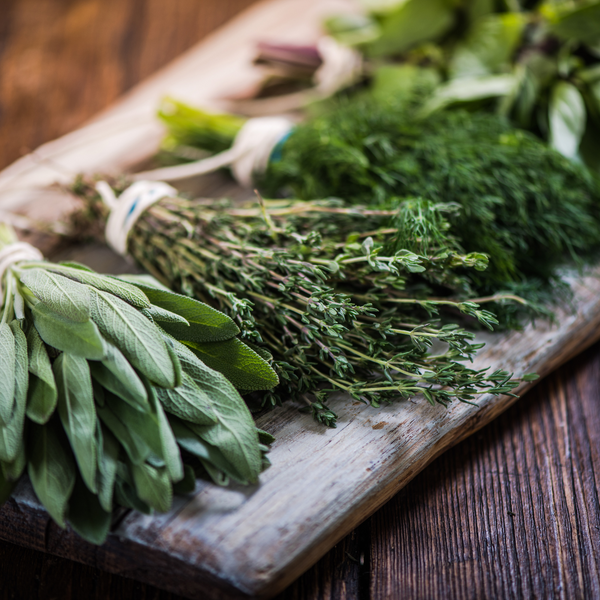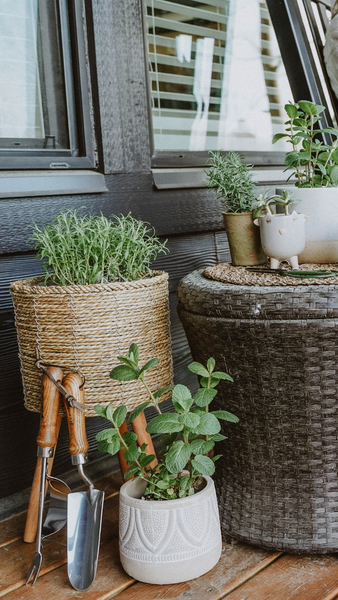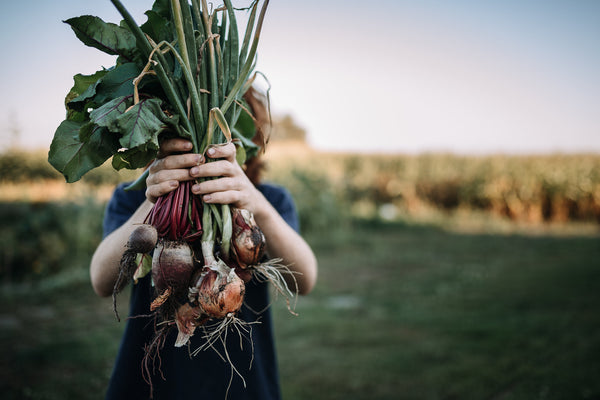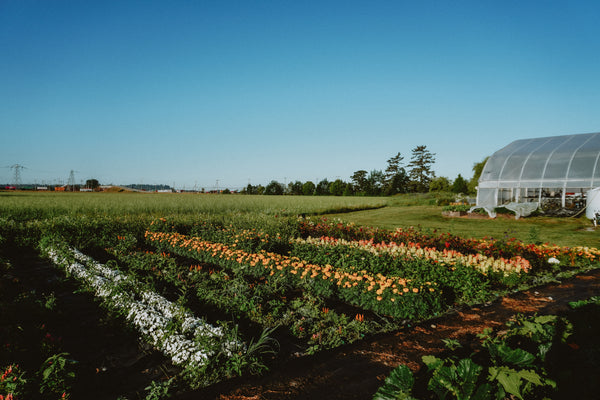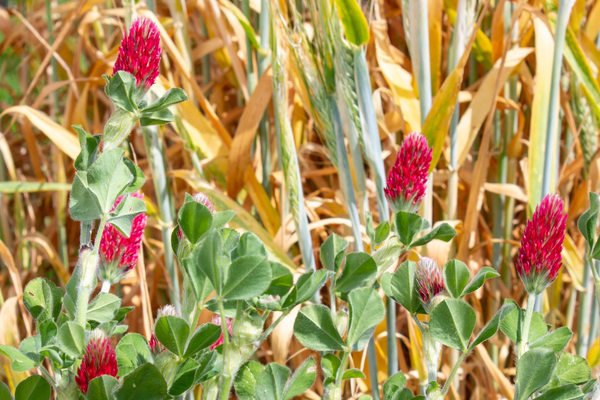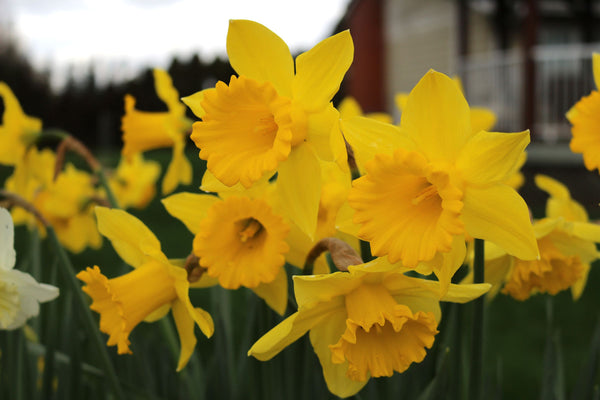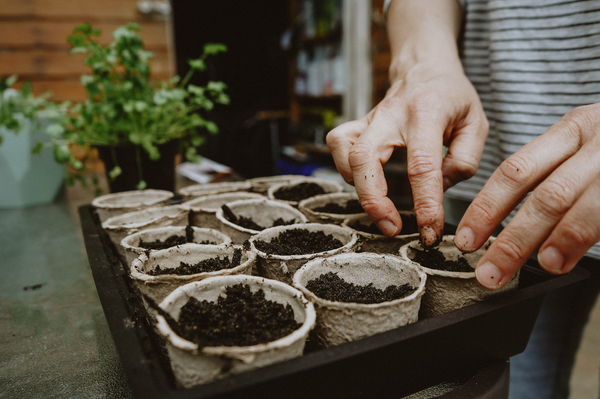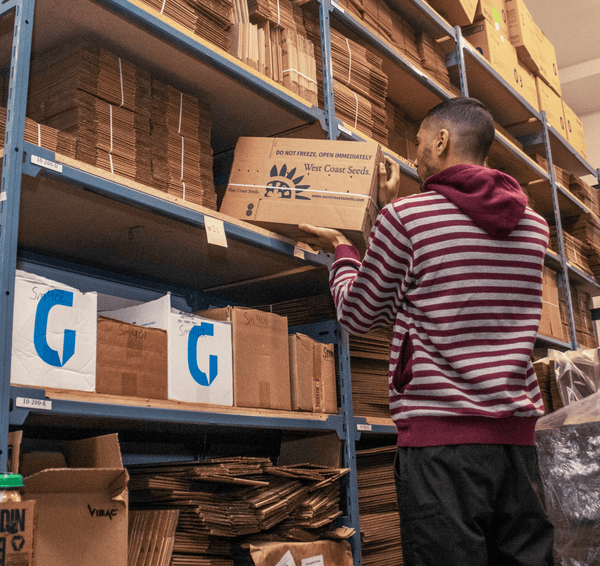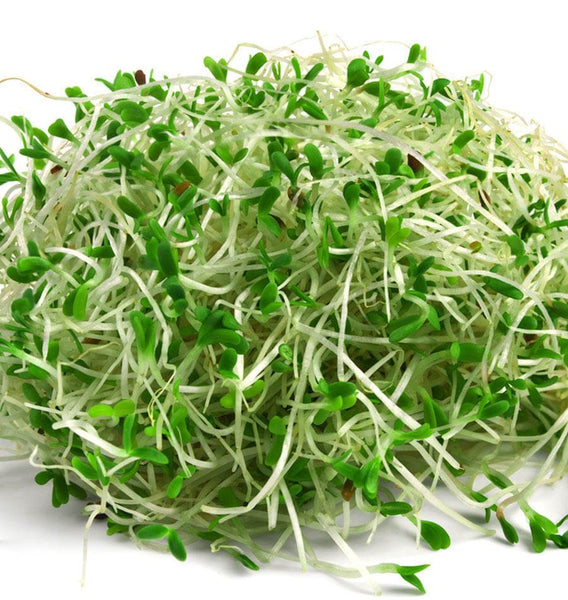West Coast Seeds recently launched the hashtag #savetherustypatchbumblebee across our social media platforms including Facebook, Twitter and Instagram. We have been encouraging our followers to re-share our post and tag a friend in an effort to attract awareness to this endangered pollinator.
An Endangered Species
The rusty-patched bumblebee was officially declared endangered in the United States in March 2017. Now on the brink of extinction, this beloved pollinator’s population has dissipated by nearly 90% over the past twenty years. Pesticides, loss of habitat and climate change are just some of the threatening factors which are causing our bees to die.
About The Rusty Patched Bumble Bee
These beloved, hard-working pollinators got their name from a rust-coloured patch on the male bees, located on their abdomen. They are medium to large in size, with their queens growing to be as broad as two centimetres.
Arising in early spring, the queens will start to emerge and can live until mid-autumn. Their colony-cycle is the longest in Eastern North America. Rusty patched bumble bees can adapt to an array of environmental conditions. Once prominent in the gardens of Toronto, the rusty patched bumble bee was been last reported to be spotted at Pinery Provincial Park in Ontario.
Why Are Bees Important?
Without bumblebees to pollinate our crops, our ranges of food would be dramatically reduced. In other words, it would mean big trouble for the people of the world.
How You Can Help
If you want to help save the bees, you can grow pollinator-friendly plants and flowers in your garden. We offer a variety of choices, including our Bee Garden Wildflower blend and our ever popular Bee Turf; a lawn replacement blended from mixed clovers and low-growing wildflowers, developed by West Coast Seeds, in partnership with the City of Richmond, BC.
